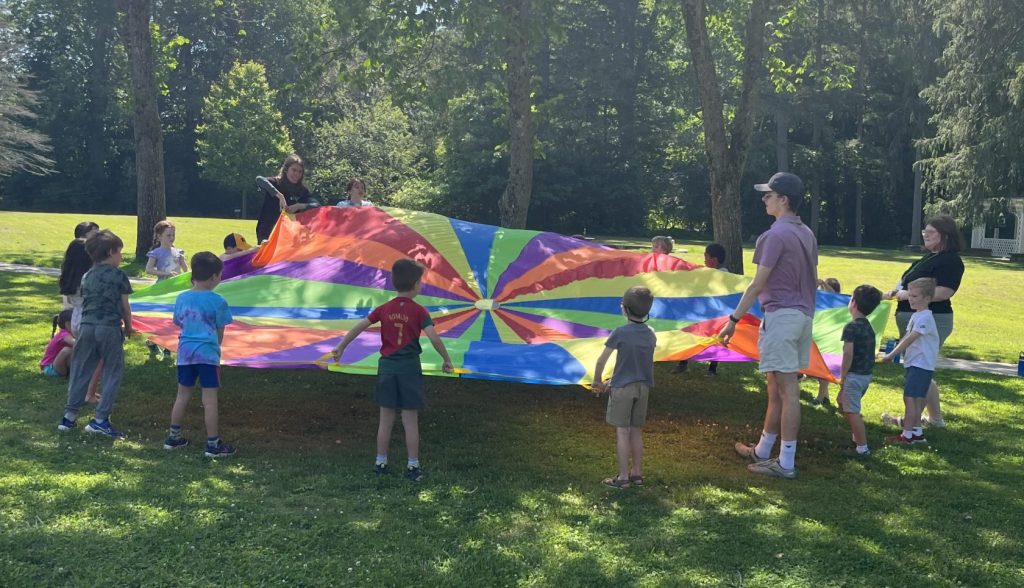Pine Cobble students judge professional scientists’ writing
Competition launched by Alan Alda aims to improve science communications
MAY 25, 2012.
Pine Cobble fifth and sixth grade students recently served as judges in the Flame Challenge, a competition launched by Alan Alda and the Center for Communicating Science. The Challenge invited professional scientists and science writers from around the world to answer a simple question, “what is a flame?” in a way that 11-year-olds would find captivating…maybe even fun. Alda developed the idea when he remembered once asking a teacher what a flame is; the answer he got was uninspired, as he explained in an editorial in Science Magazine (free PDF).
The contest has been widely celebrated — on NPR, in Discover Magazine, USA Today, the New York Times, and more. On ABC News, Diane Sawyer called it the “most inspired contest on the planet.”
Pine Cobble staff heard about the competition, and quickly seized the opportunity to be a part of it.
“From the moment we learned of the competition, it took us only about five minutes to commit to being a part of it,” said Sue Wells, head of school. “That’s one of the things I love about Pine Cobble: if it’s good for students, we can make it happen without red tape or barriers.”
The school was selected to serve as judges. Within days, Sarah Benton, the fifth and sixth grade science teacher, had integrated the contest into her classroom activities. Pine Cobble was one of just eight schools in Massachusetts to participate.
“It was such a great way to round out their own experiences with science writing,” Benton said. “In our science classes, we emphasize strong communication skills. I believe that the ability to communicate scientific ideas is a critical part of subject mastery. In terms of importance, science communication is on par with the scientific method.”
By the time the fifth and sixth grade students judged the Flame Challenge, they had already participated in dedicated science writing programs (including collaborations between their English and science faculty). They had also presented scientific concepts before the whole school on multiple occasions, had several years of independent research projects, and been doing a great deal of writing their science classes.
“It was just a great fit,” said Benton.
Students evaluated early entries, and also helped rank the finalists. The winner of the Flame Challenge will be announced in early June.
Based on Benton’s feedback about the contest, she was invited to pre-screen the program’s educational rubric in advance of next year’s contest.
For more about the Flame Challenge, visit http://www.flamechallenge.org/.
